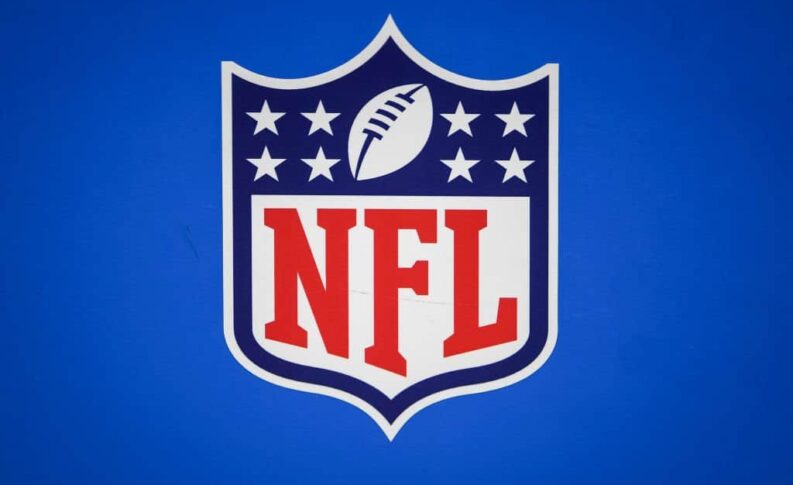As most states in the USA now allow legal sports betting, a relatively new responsible gambling organization, ROGA, is launching a program to educate students on responsible gambling as the college and NFL seasons begin.
The Responsible Online Gambling Association, headquartered in McLean, Virginia, was established in March, with its board members providing $20 million in funding. The association plans to promote educational and advocacy campaigns for consumers and the industry.
In an exclusive interview, ROGA Executive Director Jennifer Shatley (formerly a responsible gambling advocate at the University of Nevada, Las Vegas's International Gaming Institute and a responsible gambling director at Caesars Entertainment for 17 years) stated that ROGA will share research and data on responsible gambling.
"We aim to achieve five pillars," Shatley said. "One is research. Another is education, another is a data exchange center to better share information among our members, a certification program, and the creation of evidence-based best practices."
ROGA's first educational program will target college-aged students, including student athletes.
"In the past few years, there have been some excellent programs specifically for student athletes, but currently, resources for the broader college-aged population are really scarce," she said. "Therefore, we hope to fill this gap and truly provide these much-needed information and resources to a broader student audience."
Part of the educational training will include fostering broader financial literacy.
"This age group has just gained freedom and independence, including financial independence," Shatley said. "Financial literacy is very important as it equips them with essential skills to help them establish and maintain good financial habits throughout their lives, whether they engage in gaming or not. So, you know, part of it is actually about understanding budgeting, saving, and the risks associated with debt, as these are key skills useful in all areas of their lives. Financial management skills are very important to their overall financial situation, enabling them to make responsible consumption and saving habits choices, whether they engage in gaming or not."
The pilot program will target some universities, but specific schools have not yet been selected.
"I do have connections with the University of Nevada, Las Vegas, so I am very excited to be able to carry out this work at the University of Nevada, Las Vegas, but these conversations have not yet taken place," she said.
Shatley clarified that responsible gaming is different from compulsive problem gambling, as responsible gaming education programs are proactive preventive measures.
"It talks about mathematical concepts like odds, probability, and randomness, and when you talk about these mathematical concepts, most people feel, uh, a bit lost," she said. "But they are important concepts of responsible gambling and can be difficult to understand."
The funding for ROGA and the initial educational program comes from companies involved in sports betting and iGaming.
Member companies make up 85% of the online gaming industry, including Bally's Corp., BetMGM, Bet365, DraftKings, Fanatics, FanDuel, Hard Rock Digital, and Penn Entertainment associated with ESPN Bet.










